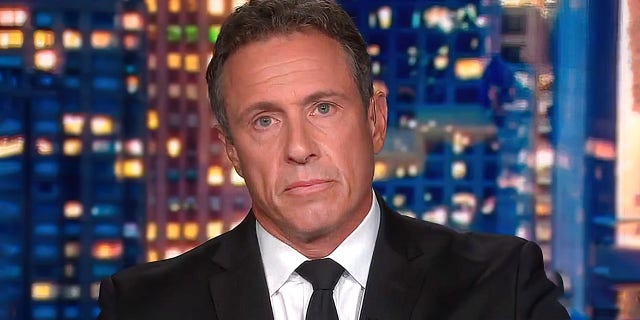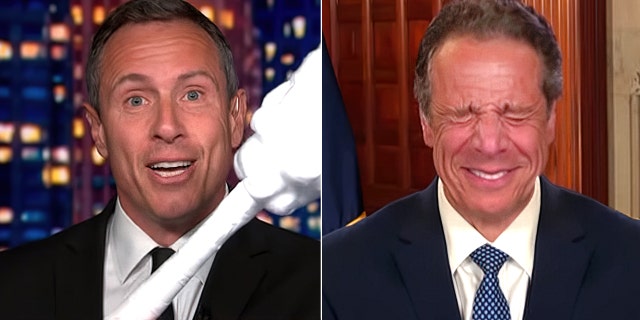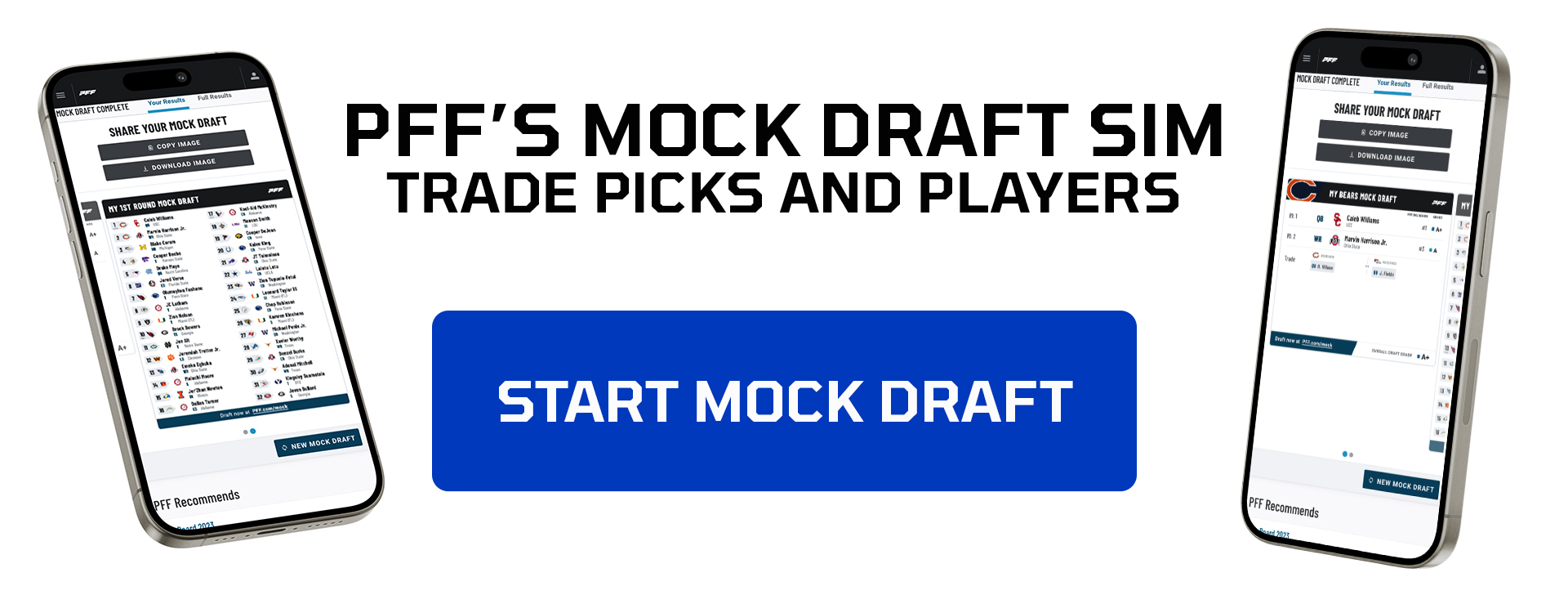
Once again Major League Baseball is going through labor pains.
Pro tip to fans: Don’t sweat it.
There’s too much cake to be eaten by the folks involved — team owners and players — for them to allow labor strife to take a big bite out of the 2022 baseball season.
We’ll hear “play ball” no later than May and likely much sooner — with a real possibility that not one single ballgame will be sacrificed to the gods of greed and ego.
So, don’t fret the lockout that looms Wednesday night.
Something will get done in the days, weeks or months ahead if, as seems likely, the Wednesday night deadline passes without a new collective bargaining agreement to govern a complicated, $11-billion-and-growing, 30-team industry.
It’ll happen, sooner than too late.
Older baseball fans, you have my sympathy, because you know firsthand how bad it can get.
Do yourself a favor and don’t equate the current impasse to MLB’s work stoppage of 1981 that created a split-season monstrosity.
If the ghosts of 1994 pop into your consciousness, just tell them to leave.
While it’s true that MLB Commissioner Rob Manfred was an understudy to Bud Selig, the dithering commish who allowed 1994’s strife to wipe out some 50 games and cancel a World Series (unplugging Tony Gwynn’s bid for a .400 season), let’s all just take a deep exhale.
This will work out.
If that mostly sunny outlook seems naïve — and former longtime MLB agent Barry Axelrod told me it probably is — there’s no dismissing that the ballgames themselves will hover over negotiations.
Simply, turning off the current money spigot would be painful. It’s much larger than in previous decades, thanks mostly to ever-growing media rights fees and digital advertising that, for the moment, has fallen short of affixing a corporate logo on Fernando Tatis Jr.'s face every time we see him.
“The one thing I can say that is hopeful,” said Axelrod, an Encinitas resident who represented MLB players across the whole performance spectrum, “is that the amount of money — it’s always been, seemingly, an awful lot at stake, on both sides — but it’s of such a magnitude now that it’s almost unfathomable that either side wants to miss a game. Especially after 2020, when they missed so many games and lost so much revenue because of the pandemic. I don’t think anybody wants to see that anymore.”
Pause.
“But,” he said, “these guys get entrenched. The two sides. And, it almost seems like people lose their minds over it.”
A San Diegan named Tony Clark heads MLB’s players union.
The alum of Christian High, Valhalla High and San Diego State was a slugger for several big-league teams, including the Padres.
The year of his first professional season? 1994.
Chicago White Sox owner Jerry Reinsdorf is a much-respected power broker for management.
He was a majordomo in 1994 and in MLB labor talks that followed, none of which canceled any games. (I attribute the loss of 102 games in 2020 to the pandemic, more than management-labor discord.)
Does Reindorf, 85, want a second major shutdown on his legacy?
Reminder: Ron Fowler is close to Reinsdorf. They go back some 10 years, when Fowler first represented the Padres at the MLB level, including in labor talks that produced the current pact.
The issues are complex.
Asked what hill each side may choose to die on, if necessary, Axelrod began with the players.
“Anytime where you’re messing with players rights in terms of (salary) arbitration and free agency,” he said, “that’s the one area where players may band together and not stand for it.”
He added: “If the owners are trying to get rid of arbitration and tie it to some performance formula based on analytics, I would advise my clients to die on the hill, for that one. Because, salary arbitration has always been incredibly significant to players.”
Axelrod, who worked in the Arizona Diamondbacks’ front office under Ken Kendrick, the current managing general partner, foresees owners seeking to “limit salary growth as best as they can” via some version of the current revenue-sharing system, and to “further diminish the importance of the draft,” perhaps building on successful efforts to reduce compensation to draftees.
At the bargaining table, will anyone address the game of baseball itself?
It has become verifiably more stagnant, with longer stretches of inactivity.
Will negotiators look out for lower-income fans?
Manfred answers to the owners. He reminds no one of Bartlett Giamatti, a former commish whose love for baseball came through. In a twisted analogy he made to a media rights-holder two years ago, Manfred described the World Series trophy as a “sheet of metal.”
Neither the sausage making nor the CBA it produces figures to be pretty, but we’ll have a substantial baseball season in 2022.
Column: Padres, MLB 2022 season should weather pending lockout - The San Diego Union-Tribune
Read More






